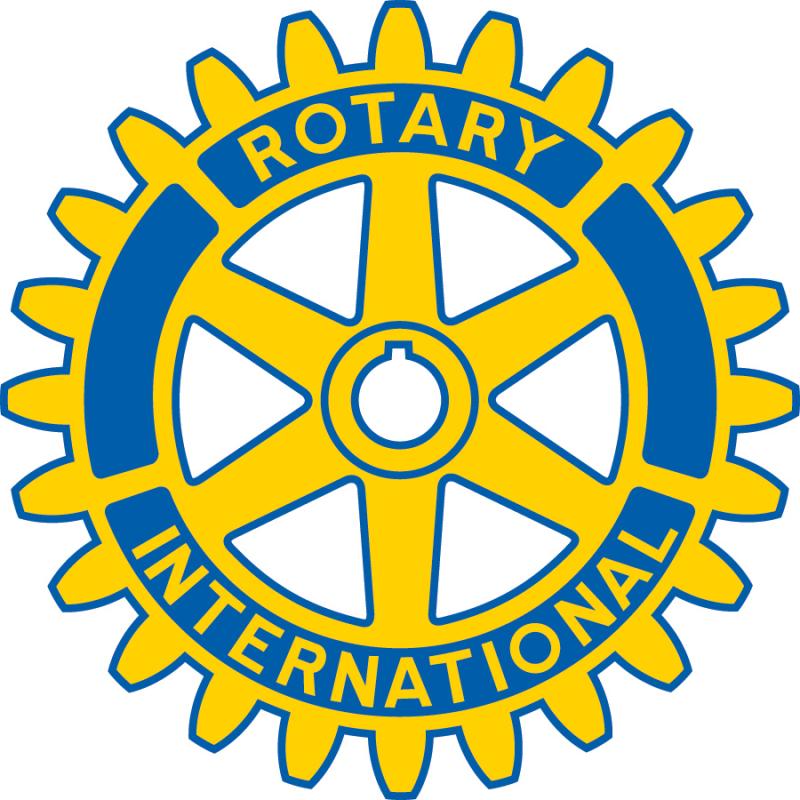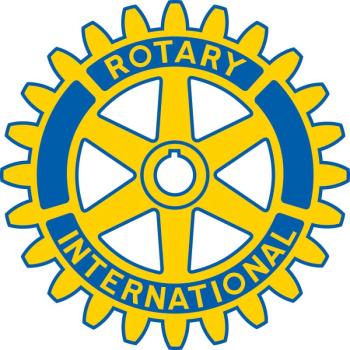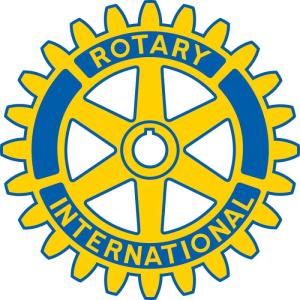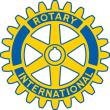Boothbay Harbor Rotary Club
It’s the people we meet.
The Rotary meeting started out with the always magical moment of welcoming new people to the club. Linda Clapp and Judy DeGraw oversaw a finely honed presentation as we met our two newest members.
Doug Lockwood has been part of our outreach for a long time – he just never thought of joining until recently. Tony Curulla met him on a pick up, where Doug was “really generous.” What Tony didn’t know is that Doug used to drive with Bill Kautzmann to Sam’s Club to pick up supplies for the Clubhouse, so Doug has known about us for a long time. Welcome to the club, Doug!
Sarah Bright is a long-time summer resident of the region and more recent addition to LincolnHealth, where she works in the philanthropy department. She is a nurse by training (as are some of our most amazing members!) and she and Linda Clapp got together at a St. Andrews Auxiliary function and one thing led to another and now she is joining us. We love it!
Then our own Marty Helman spoke. She is past president of our club and current trustee of The Rotary Foundation, the international 501(c)3 that underwrites all the good work Rotarians do around the world. Marty started off by reading an email that arrived in her in-box just that morning, from Rachel, a Rotary Peace Fellow from New Hampshire, who has just been selected for the US Global Leadership Coalition’s Next Gen Global Leadership Network, a network of future leaders in the national security and foreign policy space. What is amazing about Rachel is that she is a first-generation college grad who, 10 years ago, had never been on an airplane or traveled outside the country. Rachel credits Rotary for seeing potential and taking a chance on her despite her lack of experiences or polish. Marty said that this is just one example of what Rotary can and does do to change people’s lives.
Marty said that a cool thing about Rotary is that you get to hang out with people who spend their days helping other people. “We see that here in the club,” she said, “everyone here spends their Saturday morning schlepping stuff at the Barn. We choose to spend time doing that rather than sailing or golfing. On the International level, it’s just the same.” Marty then introduced us to the Peace Fellows she met a decade ago who strongly influenced the volunteer work she does today. They include:
Kevin, a Rotary Peace Fellow, who was in Afghanistan with USAID teaching vocational skills to former child soldiers. Marty found that commendable, but hardly remarkable, until Kevin said, “It’s one thing to convince a former child soldier that he shouldn’t use an AK-47 to solve his problems. But if that child is hungry and all he has is an AK-47, that is what he is going to use.” Marty said that our Rotary Peace Fellows do the hard work, frequently though NGOs, usually anonymously, to work with damaged and vulnerable people. “Of course we need diplomats working to create peace agreements,” she said, “But if people on the ground aren’t relatively well fed, if they don’t feel secure, and most important, if they don’t think their children have a good chance at a better tomorrow, then those peace treaties will never last.”
Marty mentioned two Peace Fellows she has known – one from Myanmar (Burma) and the other in Afghanistan – whose work for democracy in their homelands put them in extreme danger when those countries fell to totalitarianism. One, after several years underground, has been able to escape. The whereabouts of the other is unknown. She also mentioned a Peace Fellow and good friend from the Palestine Territories, whose family is caught in Gaza. “Peace work can be dangerous,” she said.
On a happier note, she mentioned Stephanie, a Peace Fellow from Australia who took a post-university vacation to Kathmandu. There, she met women with mental or physical disabilities who had been thrown out of their families and were living on the street. In response, Stephanie started a program to provide education and vocational skills training that has now touched 5000 women in Nepal. Check it out at www.sevenwomen.org.
And she told us about Dean, a mentor of hers who now lives in British Columbia. Dean grew up in South Africa and trained as a nurse – in fact, she was in the operating room when Dr. Christian Barnard did the world’s first heart transplant. You can’t make this stuff up, Marty said! But Dean became active in anti-apartheid activism, and after a stint in jail, she left her homeland and emigrated to Canada, where she is an active Rotarian.
Marty ended her talk by introducing us to Emmanuel, an entrepreneur from Uganda. Emmanuel was four years old when his father was killed by Idi Amin. His mother was left with four children to raise and could not afford to send them to school. Emmanuel was taken in by a Rotarian who saw to it that he had a good education; his sisters were not so lucky. Two of them died of HIV/AIDs when they were still teenagers; the third became pregnant and, during childbirth, bled to death.
Emmanuel is now chairman of Cipla, a leading pharmaceuticals manufacturer in Africa. His company does a lot with HIV/AIDS medicines, and he always says that he does the work to honor his sisters. And he started a blood bank in Uganda when he was District Governor, and he did it in memory of his other sister. Emmanuel also introduced Marty to an opportunity to equip a hospital outside Kampala with needed equipment and consumables. The plan is for our club to partner with a Rotary Club in Kampala and with Partners for World Health and to get the job done with a Rotary Foundation grant. These grants make it possible – through our donations and the donations of countless other Rotarians – to match and double-match the club cash we donate. Irene Fowle has agreed to chair our club’s work, and we hope and believe it will include an opportunity for medical and non-medical volunteers from our club to go to Kampala to help with training.
Marty ended by saying that as she travels the world for Rotary, she always introduces herself by saying that she is a proud member of the Rotary Club of Boothbay Harbor.
This Thursday we are meeting another interesting person, Ret Talbot, science writer and author. He will discuss his book “Chasing Shadows” about the resurgence of the white shark population in the Western North Atlantic. Talbot frames the book, which he wrote with leading white shark biologist Greg Skormal, as a remarkable conservation success story but with real challenges for beach managers, public safety officials and politicians in New England. He will discuss the history of our relationship with sharks, the evolution of shark science and the so-called “Jaws Effect.” He will be joined by scientific illustrator Karen Talbot, who created the illustrations and maps in the book.
In other news, there was a grand-clean-out-the-Barn last Saturday, Feb. 23. We're ready to accept new donations again. Just contact Deb Graves at 207-380-3550 for pick up or drop off plans. The Barn is how we support all the work of the Boothbay Harbor Rotary Club.
Interested in learning more about Rotary and the good work we do, both here in our beloved Boothbay Region and around the world? Ask a Rotarian or come to a meeting (almost) every Thursday at the Rotary Clubhouse, 66 Montgomery Road, Boothbay Harbor. The place is rocking by 6 p.m., dinner is served and we have a speaker and always, a great time.


























